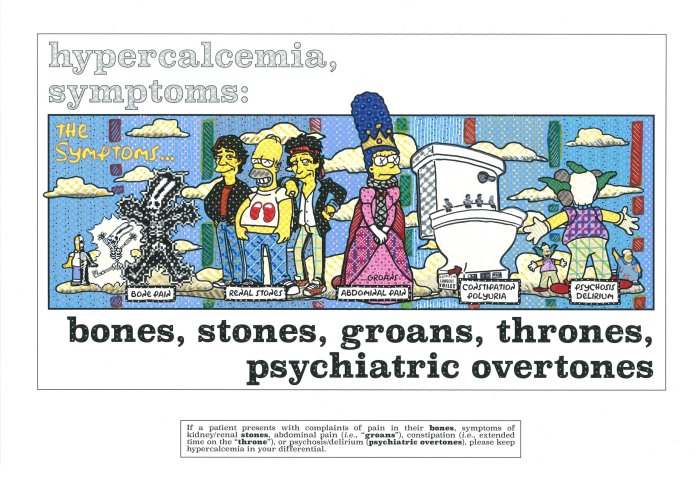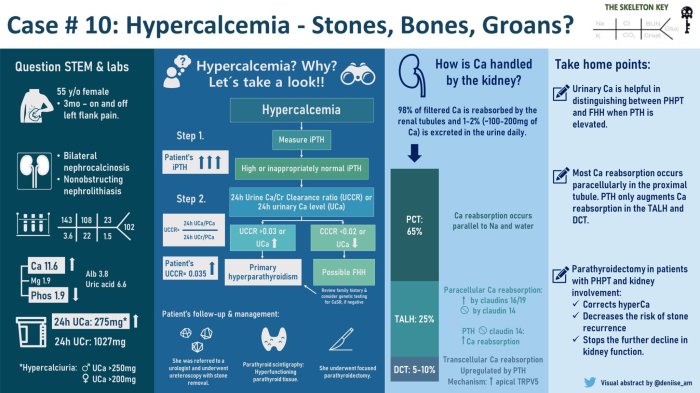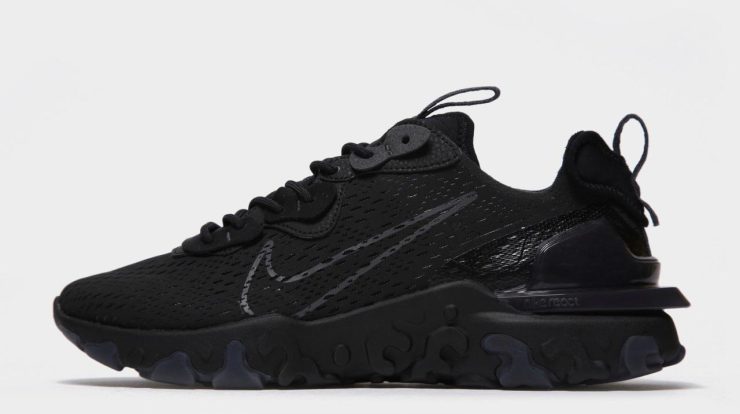Bones stones groans and moans a calcium story – Embark on a captivating journey into the realm of bones, stones, groans, and moans, a calcium-rich narrative that unravels the intricate relationship between our skeletal system and overall well-being. This exploration delves into the composition, structure, and significance of bones, examining the impact of calcium on their health and resilience.
Furthermore, it sheds light on the formation of stones within the body and their potential consequences for bone integrity. The discussion culminates in practical guidance for maintaining strong and healthy bones, emphasizing the importance of diet, exercise, and regular screenings.
Introduction: Bones Stones Groans And Moans A Calcium Story
Bones are an essential part of the human body, providing structural support, protection for organs, and facilitating movement. They are composed primarily of calcium and other minerals, giving them their strength and rigidity. Calcium plays a crucial role in bone health, as it is necessary for the formation and maintenance of bone tissue.
Bones: Structure and Composition

Bones are complex structures consisting of various types of cells and tissues. The outer layer, called the periosteum, covers and protects the bone. Beneath this lies the compact bone, which provides strength and rigidity. The inner layer, known as the cancellous bone, is composed of a network of trabeculae (thin bone struts) that provide structural support while allowing for flexibility.
Bone cells, including osteoblasts, osteoclasts, and osteocytes, play vital roles in bone formation, resorption, and maintenance.
Calcium is essential for bone mineralization, the process by which calcium salts are deposited in the bone matrix, giving bones their hardness and strength. Without adequate calcium, bones can become weak and brittle, leading to conditions such as osteoporosis.
Stones: Formation and Impact

Stones, also known as calculi, can form in various parts of the body, including the kidneys, gallbladder, and urinary tract. They are usually composed of minerals and salts that crystallize and aggregate. Stone formation can be influenced by factors such as dehydration, high levels of certain minerals in the urine or bile, and underlying medical conditions.
Stones can impact bone health indirectly. For example, kidney stones can cause pain and discomfort, leading to reduced mobility and physical activity, which can negatively affect bone density. Additionally, some types of stones, such as calcium oxalate stones, can result from metabolic disorders that also affect calcium levels in the body, potentially contributing to bone loss.
Groans and Moans: Signs of Bone Problems

Groans and moans are sounds that can sometimes accompany bone issues. These sounds can be caused by friction between bones or tendons, muscle spasms, or underlying bone conditions.
Persistent groans or moans can be a sign of an underlying bone problem, such as arthritis, osteoporosis, or bone fractures. It is important to seek medical attention if you experience persistent or severe groans or moans, as they may indicate a need for further evaluation and treatment.
Maintaining Bone Health
Maintaining strong and healthy bones requires a combination of factors, including:
- Adequate calcium intake:Calcium is essential for bone mineralization and can be obtained through diet (e.g., dairy products, leafy green vegetables) or supplements.
- Regular exercise:Weight-bearing exercises, such as walking, running, and strength training, can help increase bone density and reduce the risk of osteoporosis.
- Healthy lifestyle choices:Avoiding excessive alcohol consumption, smoking, and maintaining a healthy weight can promote bone health.
- Regular bone density screenings:Regular screenings can help identify bone loss early on, allowing for timely interventions to prevent further bone loss and fractures.
Clarifying Questions
What are the primary functions of bones?
Bones provide structural support, protect vital organs, facilitate movement, store minerals, and produce blood cells.
How does calcium contribute to bone health?
Calcium is essential for bone mineralization, making bones strong and dense. It also plays a role in muscle function and nerve transmission.
What causes stones to form in the body?
Stones can form due to factors such as dehydration, high levels of certain minerals in the urine, and underlying medical conditions.
What are the signs and symptoms of bone problems?
Groans and moans, pain, swelling, and decreased mobility can indicate bone issues and warrant medical attention.
How can I maintain healthy bones?
Consume a calcium-rich diet, engage in regular weight-bearing exercise, avoid smoking and excessive alcohol consumption, and undergo regular bone density screenings.

